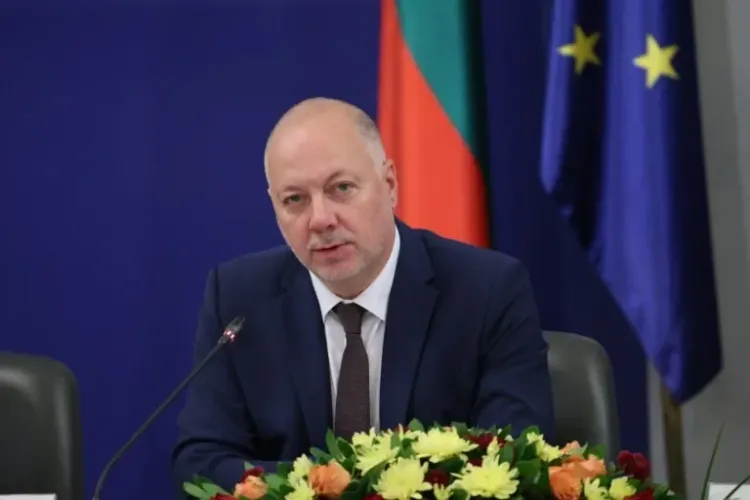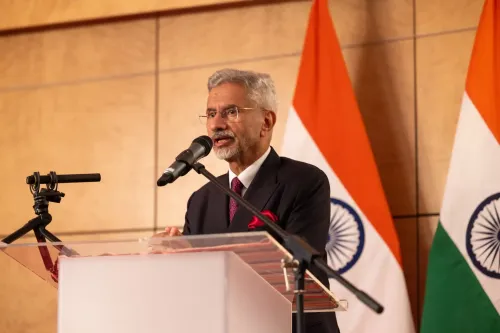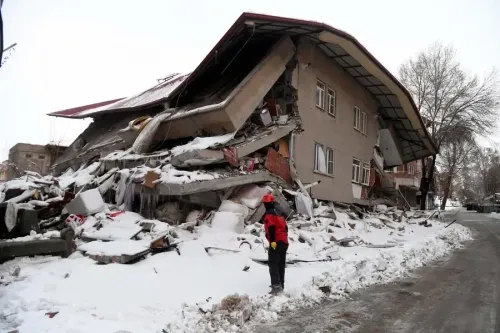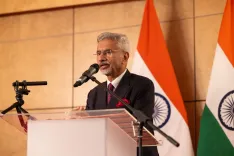How Did Bulgaria's Government Survive Its 4th No-Confidence Motion?

Synopsis
Key Takeaways
- Bulgaria's coalition government has successfully survived its fourth no-confidence motion.
- The motion was primarily focused on environmental and water management failures.
- Prime Minister Jeliazkov remains optimistic about addressing inherited problems.
- A total of 131 members voted against the motion, showcasing strong parliamentary support.
- Bulgaria's political landscape continues to evolve with ongoing challenges.
Sofia, July 11 (NationPress) The coalition government of Bulgaria, which has been in power for the past six months and is led by Prime Minister Rossen Jeliazkov, successfully overcame its fourth no-confidence motion in the National Assembly on Friday.
This motion, initiated by opposition factions due to perceived shortcomings in the environment and water sectors, garnered support from 83 deputies within the 240-seat legislature. The backing came from members of the Revival party, Alliance for Rights and Freedoms, Greatness, and Mech, along with nearly half of the We Continue the Change - Democratic Bulgaria alliance.
In contrast, 131 members voted against the motion, including representatives from the ruling GERB-UDF coalition, BSP-United Left, There Is Such People (ITN), and the 29-seat Movement for Rights and Freedoms - New Beginning.
A no-confidence vote requires the support of more than half of the Assembly's members to pass.
In a statement to reporters on Thursday, Jeliazkov expressed confidence that the motion would not succeed, labeling it a “sectoral no-confidence vote” devoid of substantial arguments.
“The topic itself does not impact the operations of this cabinet, and this cabinet is actively working to address inherited issues,” he stated.
The initial no-confidence motion, which targeted the government's foreign policy, was defeated on April 3. The second motion, which accused the government of failing to combat corruption adequately, was rejected on April 17. The third motion, which criticized the government's fiscal policy, met a similar fate on July 4, as reported by the Xinhua news agency.
According to Bulgaria's constitution, a no-confidence motion can be initiated by at least one-fifth of the Assembly's members, but a second motion on the same grounds cannot be introduced within a six-month timeframe.
Jeliazkov's administration was inaugurated on January 16, following Bulgaria's October 2024 snap elections, marking the country’s seventh parliamentary election in just three and a half years.










